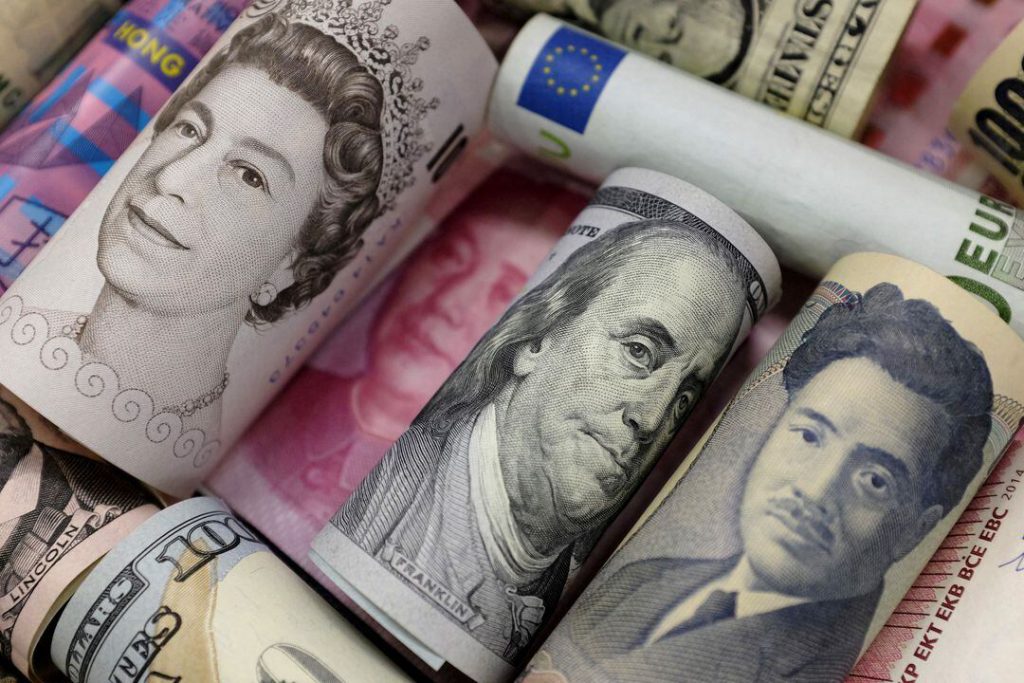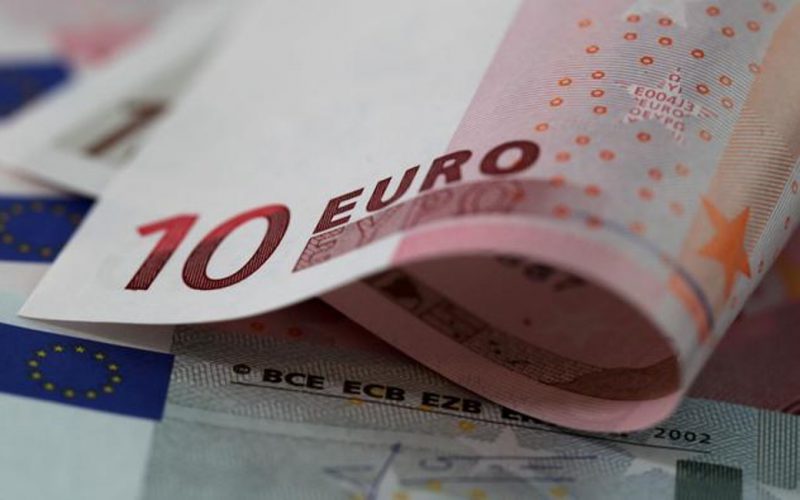The world’s second-biggest currency, the Euro declined by 1% in central bank reserves from developing countries. The latest report from the European Central Bank (ECB) shows that the Euro’s share of foreign exchange reserves has declined by 1%. The dip which began in 2023 continued throughout the year and entered well into Q2 of 2024.
Also Read: Copper Prices To Rise 25%, Forecasts Citi
According to the report, the central banks of many developing countries are diversifying their reserves and offloading the Euro currency. The overall reduction of the Euro currency stands at 1% in the last year.
Currency: The Euro Dips in Foreign Reserves


The global foreign exchange reserves in the Euro have dipped to 20% in 2023, the report from the ECB read. The development indicates that developing countries are also ditching the Euro along with the US dollar. The central banks of foreign nations are accumulating tonnes of gold instead and diversifying their reserves.
Also Read: Citi Analysts Predict Oil Prices Could Crash To $60 a Barrel
However, the ECB report also shows that developing countries are diversifying their reserves with other currencies apart from the Euro. The other currencies from Western countries include the Canadian dollar, Australian dollar, Swedish krona, and Norwegian krone. The currency accumulation from the Eastern countries included the Singapore dollar and the Koran won.
in addition, the ECB reported that the role of the Euro currency in global payments remained stable. The currency has only dipped by 1% in the central bank reserves of developing countries.
Also Read: Currency: Indian Rupee Falls To Record Low Against US Dollar
“This indicates that the global reach of euro payments remained stable in contrast to the share of the euro in global payments processed in Swift – a global messaging network used by financial institutions – which suggests a notable decline in the course of 2023,” the ECB report read.
The report also added that Russia tried to take advantage of the development and push the ruble as the “leading vehicle currency”. Their idea, however, failed to take the stage in the global financial markets.





